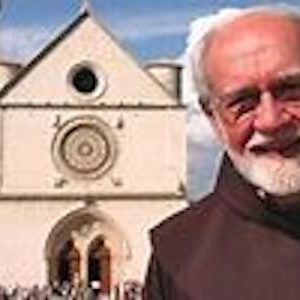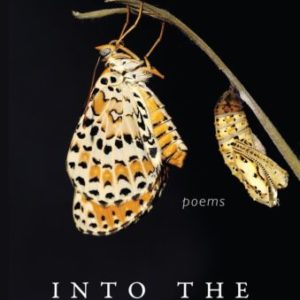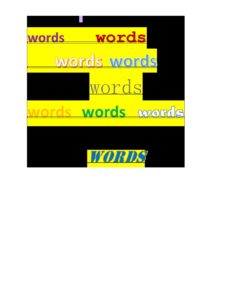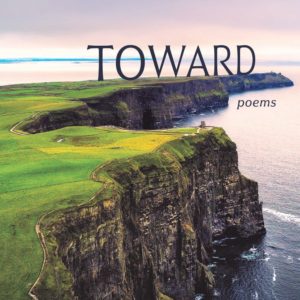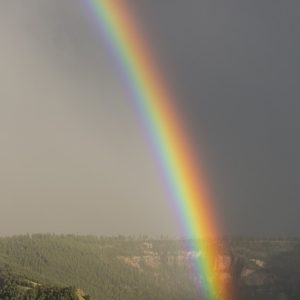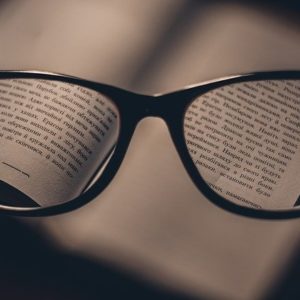
Blossoming Poems
In my part of the country, spring is trying to spring forth. The fresh young greens outside move me to go (inside) to my computer, where I have a folder chock-full of favorite poems. I scroll through for poems that speak in some way or other about springtime: especially the blossoming of flowers or the emergence of green shoots or the headiness of spring scents.




